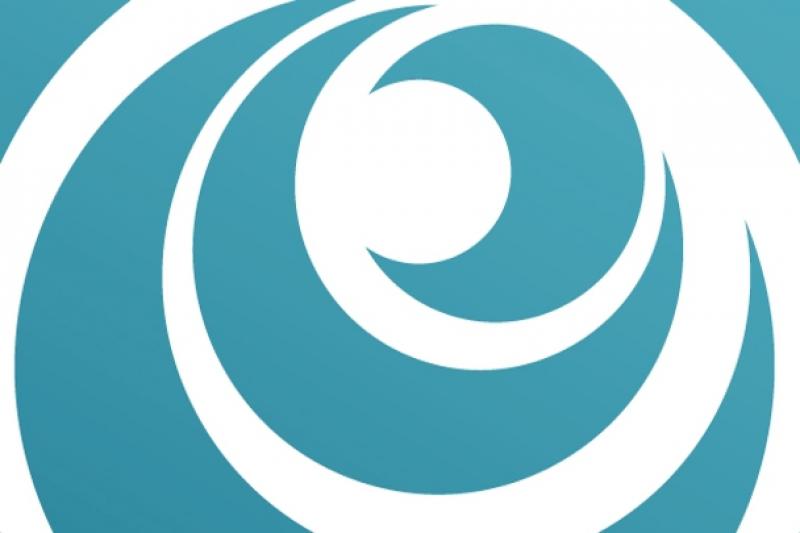Awarded Veni grants December 2021

In December NWO has awarded 89 promising young scientists from the science domains ENW and ZonMw a Veni grant of up to 280,000 euros. This allows the laureates to further develop their own research ideas for a period of three years. Below, awarded research projects in the field of biological immunology are shown.
Macrophages are a diverse set of immune cells fighting against a wide variety of pathogens and clearing debris. Here, the researcher will investigate how macrophages control this diversity via epigenetic processes. These processes determine which genes will be turned on and off and thusly how the cell will react to external stimuli.
Koen Prange, Amsterdam UMC
Patients with aggressive breast cancer (BC) do not benefit from current therapies. My preliminary data demonstrate that an underrecognized family of proteins, termed Serpins, limit immune cells from reaching and/or eradicating BC. I will interrogate Serpins for anti-immune mechanisms and explore enzyme neutralizing strategies to restore therapeutic responses of aggressive BC.
Dora Hammerl, Laboratory of Tumor Immunology, dept Medical Oncology, Erasmus MC Cancer Institute
The immune system protects us against infections and cancer. We can boost the function of our immune cells by administering vaccines. I aim to identify key molecular cues in CD4 T-cells that may help optimize vaccination strategies by simultaneously improving formation of cytotoxic CD8 T-cells and antibody-producing B-cells.
Fiamma Salerno, LUMC
Blood immune markers are used to diagnose children with respiratory tract infections. However, every respiratory infection starts with a local immune response in the airways. We will study innate immune cells that are crucial for the respiratory mucosal immune response to enable future mucosal treatment strategies without antibiotic overuse.
Lilly Verhagen, Radboudumc, Nijmegen
Overactive B-cells drive systemic autoimmunity, yet underlying reasons for Bcell hyperactivity remain elusive. This researcher will elucidate mechanisms of Bcell hyperactivity by uniquely combined functional and molecular characterization of B-cell responses in Sjögren’s syndrome, a prototypic B-cell mediated autoimmune disease, to map heterogeneity among patients and identify patient-tailored therapies.
Gwenny Verstappen, University Medical Center Groningen
Almost half of patients with the childhood cancer neuroblastoma do not survive. A novel immunotherapy with CAR-T cells is considered highly promising, yet shows limited clinical efficacy because neuroblastoma cells inhibit CAR-T cells. In this study, CAR-T cells will be made insensitive to inhibition, as innovative, improved treatment for neuroblastoma.
Judith Wienke, Princess Máxima Center for Pediatric Oncology, Utrecht




